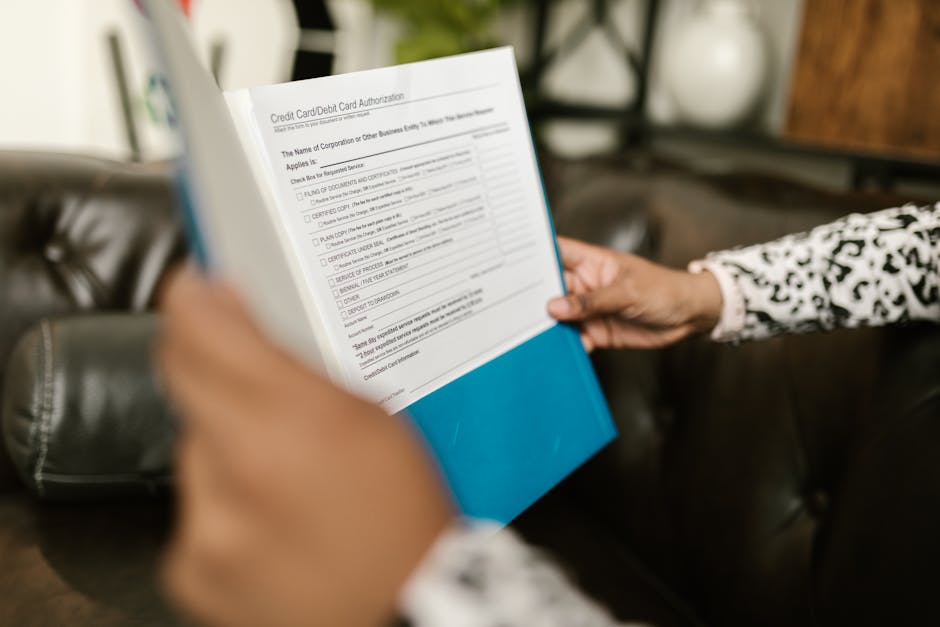Compliance Checklist for Hiring
Hiring an electrician in the Gulf Cooperation Council (GCC) region requires meticulous attention to legal and regulatory details. The process involves navigating complex labor laws, visa requirements, and qualification standards. However, many companies face significant challenges ensuring full compliance. Additionally, the consequences of non-compliance can be severe. These consequences include financial penalties, project delays, and reputational damage. Furthermore, each GCC member state has its own specific regulations. This makes a standardized approach difficult. Therefore, a comprehensive compliance checklist for hiring an electrician is not just beneficial. It is essential for operational success and legal safety. This guide will provide a detailed framework for navigating the entire employment lifecycle. It covers everything from pre-recruitment verification to contract termination.
Understanding Compliance Checklist for Hiring
A robust hiring compliance framework is foundational for any construction or maintenance project. It serves as a systematic guide to verify all necessary legal and professional requirements. This process begins long before a candidate is even interviewed. First, it involves understanding the specific electrical work categories recognized by local authorities. For instance, some jurisdictions differentiate between low-current and high-voltage specialists. Next, employers must confirm the legitimacy of their own business license. This license must explicitly permit the hiring of foreign skilled labor. Consequently, skipping this step can invalidate the entire hiring process. Moreover, a thorough understanding prevents costly legal disputes and ensures workplace safety aligns with World Health Organization workplace standards.
Compliance Checklist for Hiring Benefits
Implementing a strict compliance protocol offers immense advantages. Firstly, it significantly reduces legal and financial risks. Companies avoid hefty fines and potential project shutdowns. Additionally, it streamlines the onboarding process. This leads to faster deployment of skilled electricians. Furthermore, a compliant hiring practice enhances a company’s reputation. It builds trust with clients, government entities, and partners. Therefore, it becomes a competitive advantage in the bidding process. Moreover, it ensures that all hired electricians possess the genuine skills and certifications required. This directly translates to higher quality work and improved site safety. Ultimately, this protects valuable assets and human resources. For more insights, explore our professional resources.
How Compliance Checklist for Hiring Works
The checklist functions as a phased verification system. It is divided into pre-employment, employment, and post-employment stages. The pre-employment phase is the most critical. It involves credential verification and labor market testing. Specifically, employers must often prove that no local candidate is available for the role. This is a key requirement for obtaining a work permit. Next, the employment phase focuses on contract signing and visa processing. The employment contract must adhere to local law. It must detail wages, working hours, and termination conditions. Finally, the post-employment stage covers ongoing compliance. This includes renewing licenses and managing end-of-service benefits. Each phase has interdependent steps. Therefore, a failure in one area can cascade through the entire process.
Best Compliance Checklist for Hiring Practices
Adopting best practices ensures your hiring process is both efficient and legally sound. First, always start with document authentication at the source. This means verifying educational and professional certificates from the issuing institutions. Many countries in the GCC require attestation from the home country’s embassy. Additionally, maintain a digital copy of all documents. This creates a reliable audit trail. Furthermore, engage with government portals early. For example, familiarize yourself with the UAE government employment regulations or equivalent systems in KSA, Qatar, and Bahrain. Meanwhile, conduct thorough background checks. These checks should cover previous employment history and any legal infringements. Consequently, this due diligence mitigates the risk of hiring unqualified personnel.
Compliance Checklist for Hiring Implementation
Effective implementation requires a structured and documented approach. Begin by creating a master checklist template. This template should be tailored to the specific GCC country of operation. First, list all required documents for the electrician role. These typically include a passport, photographs, attested certificates, and a valid driving license. Next, outline the government procedures. This involves quota approval, work permit application, and visa stamping. Furthermore, assign clear responsibilities within your HR team. One person might handle ministry liaisons, while another manages document collection. Therefore, accountability is established. Moreover, integrate this protocol with your existing HR software. This allows for automated reminders for renewal deadlines. For assistance, consider an schedule appointment with our specialists.
Advanced Compliance Checklist for Hiring Strategies
To go beyond basics, companies should adopt advanced strategic measures. One key strategy is leveraging international frameworks. Consult International Labour Organization guidelines for ethical recruitment standards. Additionally, use data analytics to track hiring metrics. Monitor the average time-to-hire and compliance cost per employee. Furthermore, develop a risk matrix. This matrix should identify potential compliance failure points and their impact. For example, the risk of certificate forgery is high, so implement biometric verification. Meanwhile, establish a strong relationship with local immigration consultants and PROs. These professionals provide real-time updates on regulatory changes. Consequently, your business can adapt quickly. This proactive approach is far superior to a reactive one.
Compliance Checklist for Hiring Success Tips
Achieving consistent success in your hiring compliance efforts demands vigilance and foresight. Firstly, never assume regulations are static. GCC labor laws are continuously evolving. Therefore, subscribe to official government newsletters and legal updates. Additionally, invest in continuous training for your HR and procurement teams. They must understand the nuances of hiring skilled tradespeople. Furthermore, standardize the process across all your projects in the region. This creates consistency and reduces errors. Moreover, always budget for compliance-related costs. These include attestation fees, government charges, and medical screening costs. Unexpected expenses can derail project finances. For complex cases, seek an expert consultation. This ensures you are always on the right side of the law.
Future of Compliance Checklist for Hiring
The future of hiring compliance in the GCC is digital and integrated. Governments are rapidly moving their services online through platforms like Qiwa and Muqeem. This digital transformation will streamline document submission and tracking. Additionally, blockchain technology may soon be used for credential verification. This would make certificate forgery virtually impossible. Furthermore, regional harmonization of labor laws is a growing topic. Initiatives influenced by global bodies like the World Bank economic reports could lead to more standardized processes across the GCC. Therefore, companies must prepare for a more transparent and efficient system. Moreover, sustainability and safety standards will become even more stringent. Aligning with U.S. Department of Commerce trade information on best practices will be crucial.
Frequently Asked Questions
What is the most common mistake in the hiring compliance checklist for electricians?
The most frequent error is incomplete document attestation. Employers often miss the requirement for certificates to be attested by the home country’s embassy, the GCC embassy, and the local Ministry of Foreign Affairs. This can cause significant visa processing delays.
How long does the full compliance process typically take?
The timeline varies by country but generally takes 4 to 8 weeks. This period includes document collection, attestation, labor market testing, work permit issuance, and visa stamping. Complex cases or missing documents can extend this duration significantly.
Are the compliance requirements the same across all GCC countries?
No, while there are similarities, each GCC member state has its own specific regulations. For example, Saudi Arabia’s Qiwa platform and the UAE’s TAS-HEEL system have different procedural requirements. A standardized checklist must be customized for each country.
What happens if I hire an electrician without full compliance?
Non-compliance can lead to severe penalties. These include substantial fines, a ban on hiring new staff, deportation of the employee, and in extreme cases, imprisonment for company representatives. It also jeopardizes your company’s license to operate.
Can the electrician’s license from their home country be used directly?
Rarely. Most GCC countries require electricians to pass a local competency test or obtain a equivalency certificate for their foreign qualifications. The home country license must be attested but is typically not sufficient on its own to practice.
Is medical testing part of the compliance checklist?
Yes, a mandatory medical fitness test at an approved government center is a standard requirement for obtaining a residency visa. This test screens for infectious diseases and is a non-negotiable step in the hiring process.
Conclusion
Navigating the complexities of hiring an electrician in the GCC is a demanding but manageable task. A meticulously followed compliance checklist for hiring is your most powerful tool. It ensures legal adherence, promotes safety, and safeguards your business interests. The region’s dynamic regulatory landscape requires a proactive and informed approach. Therefore, continuous education and process refinement are key. Do not leave your company’s success and reputation to chance. Implement a robust compliance framework today. For personalized guidance and support, reach out to our team of experts. We can help you streamline your operations and ensure full regulatory compliance from start to finish.




